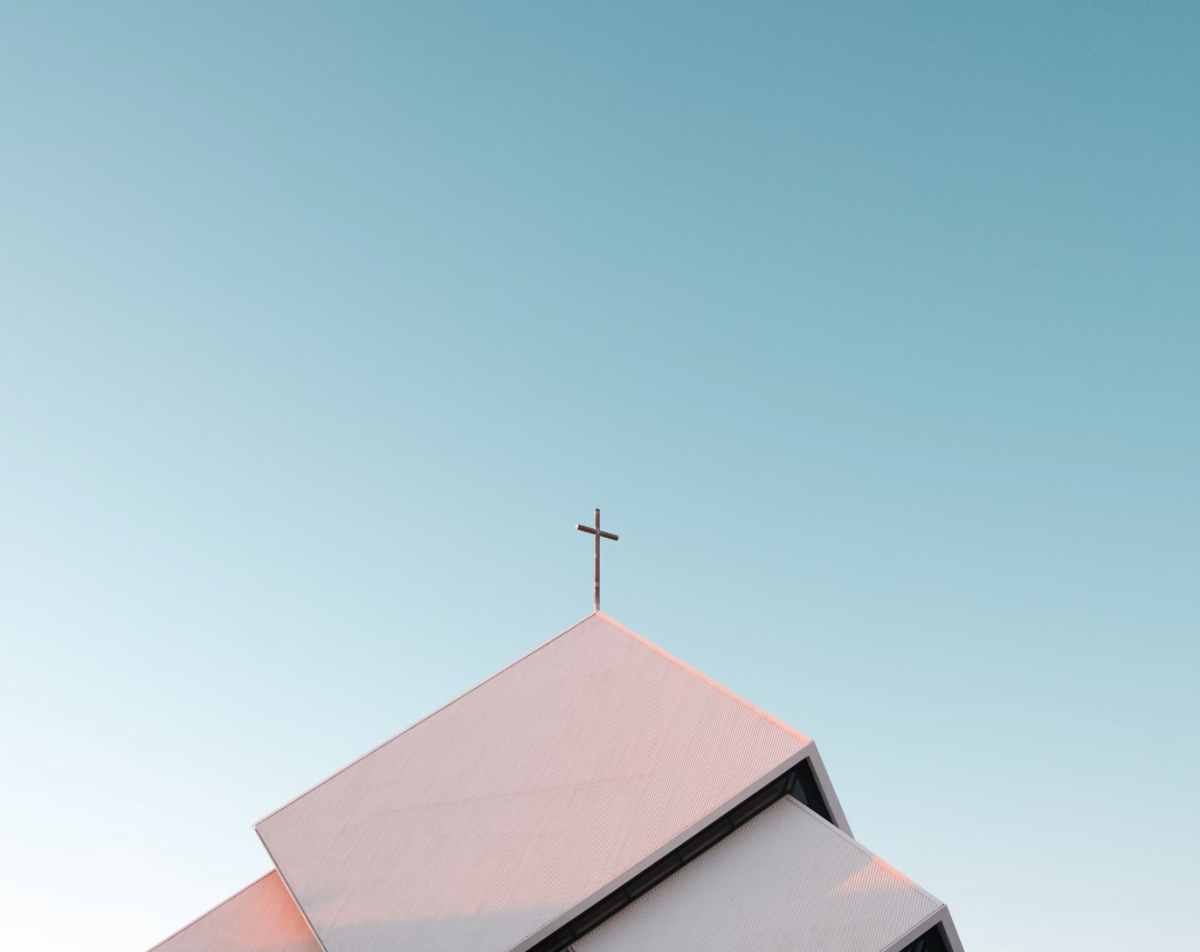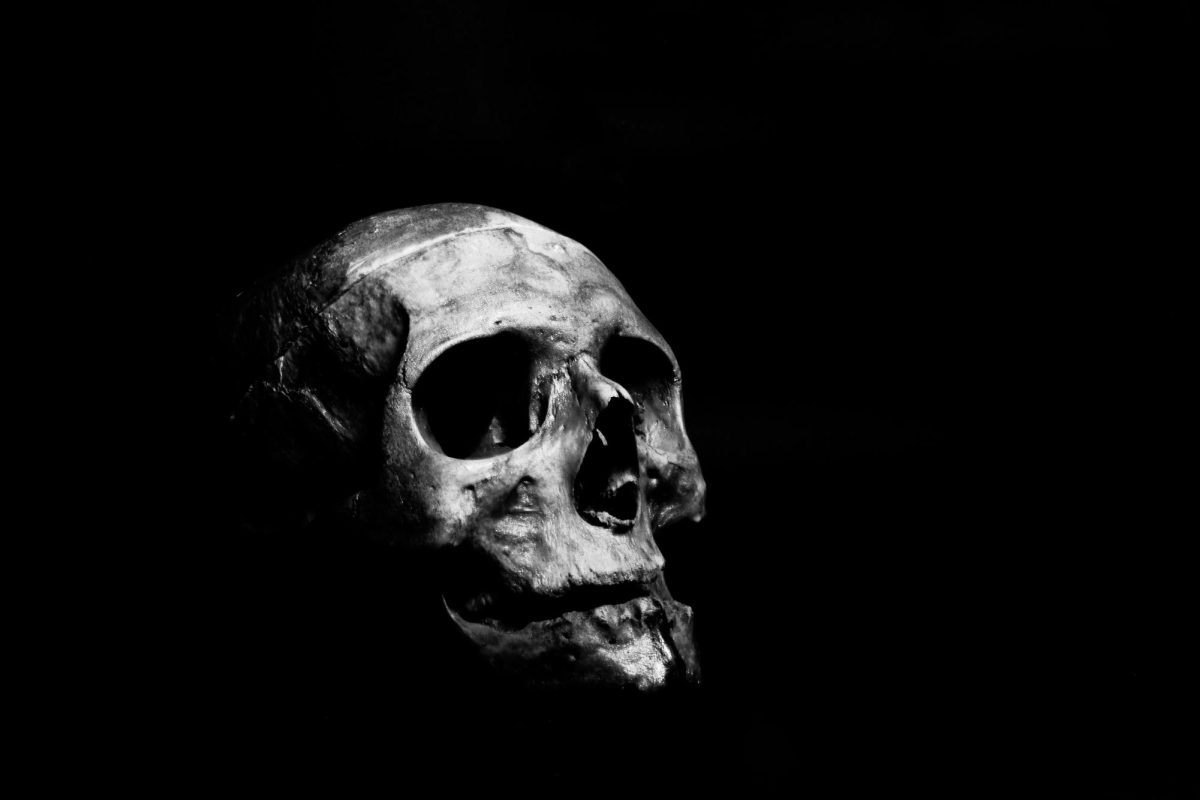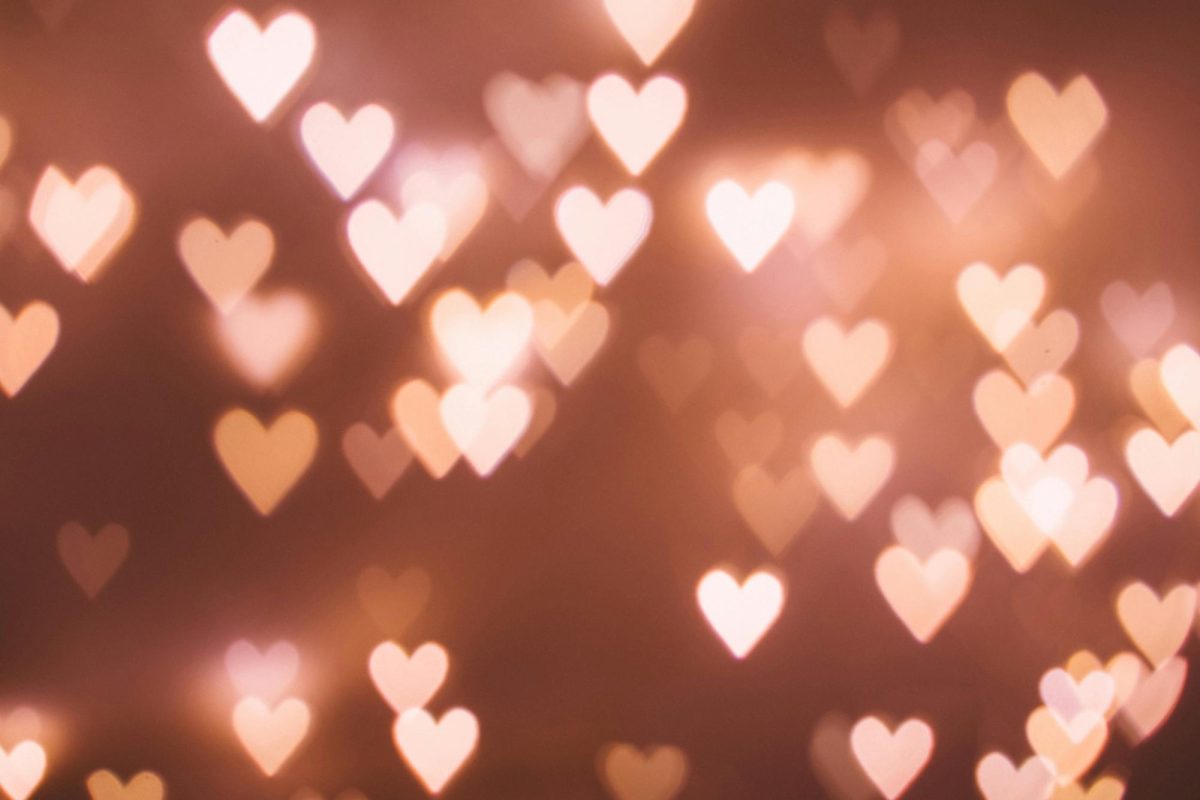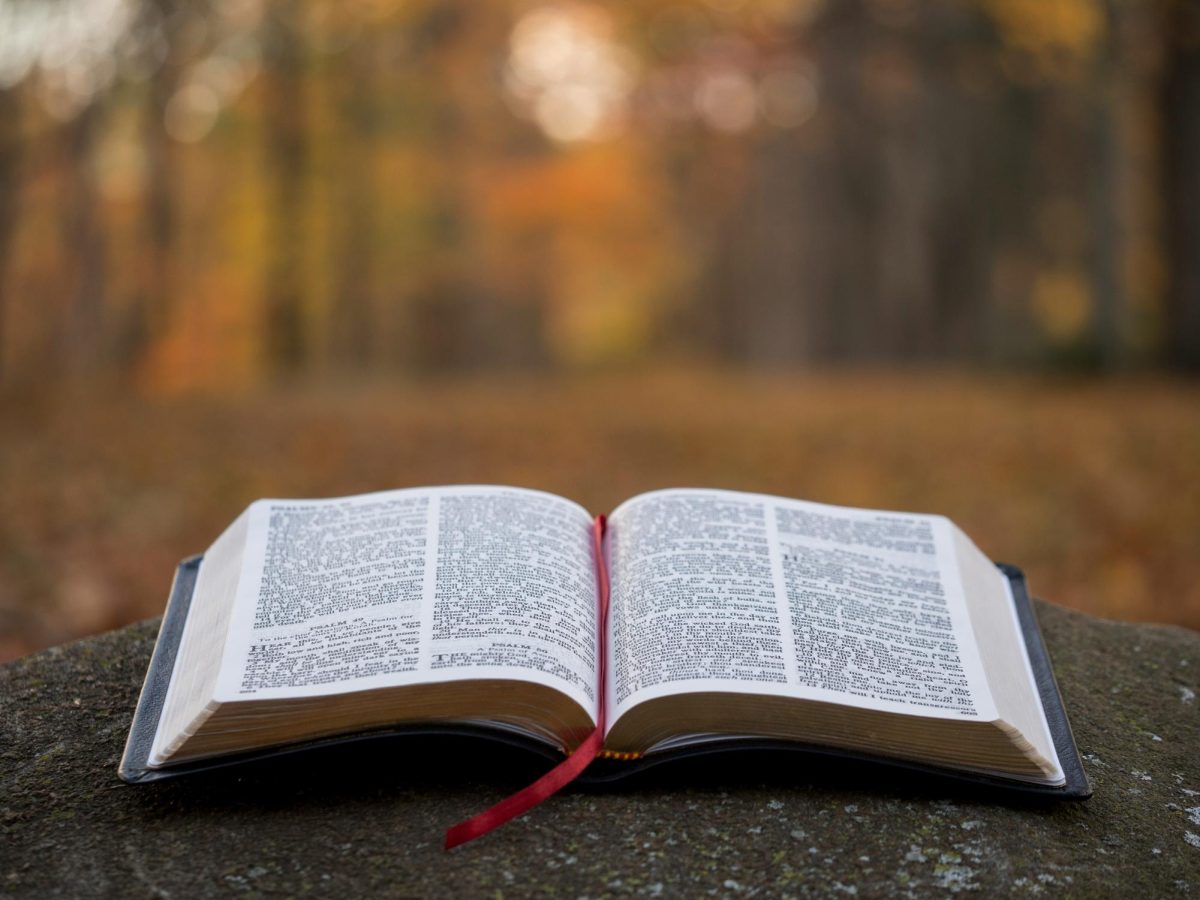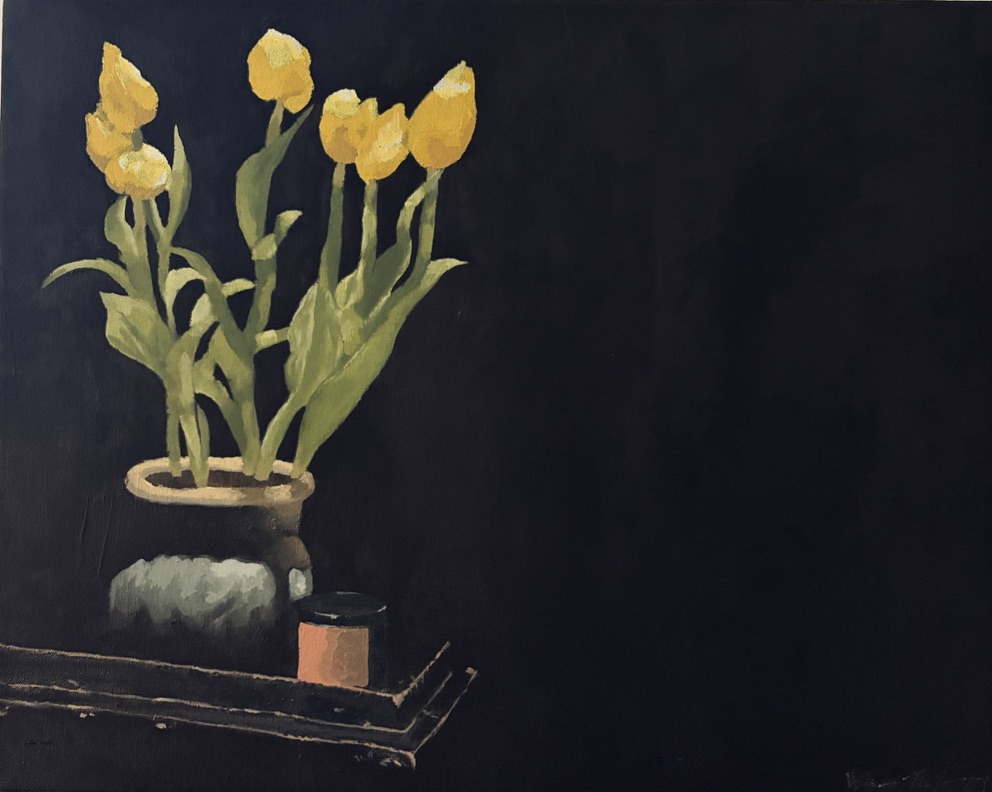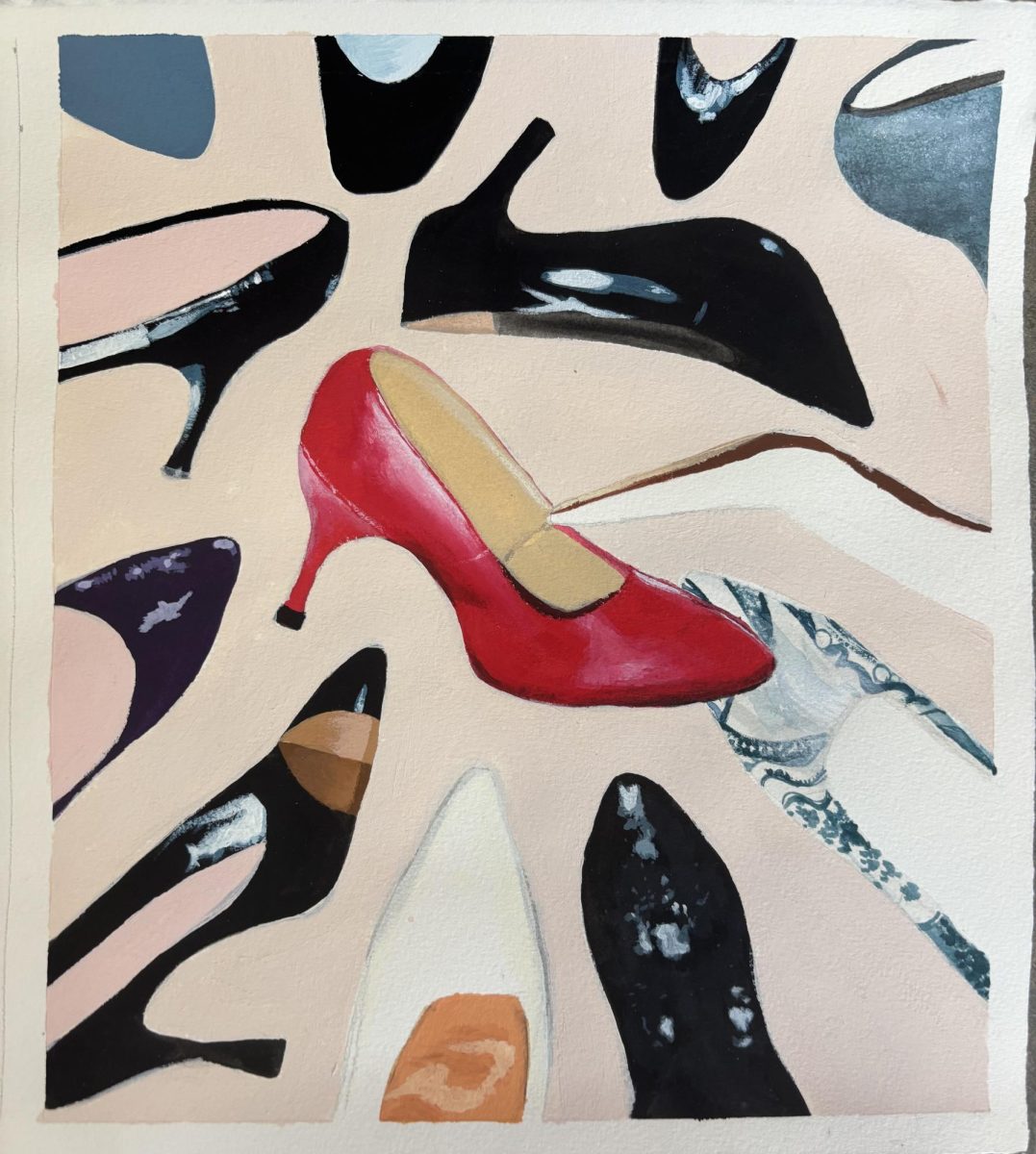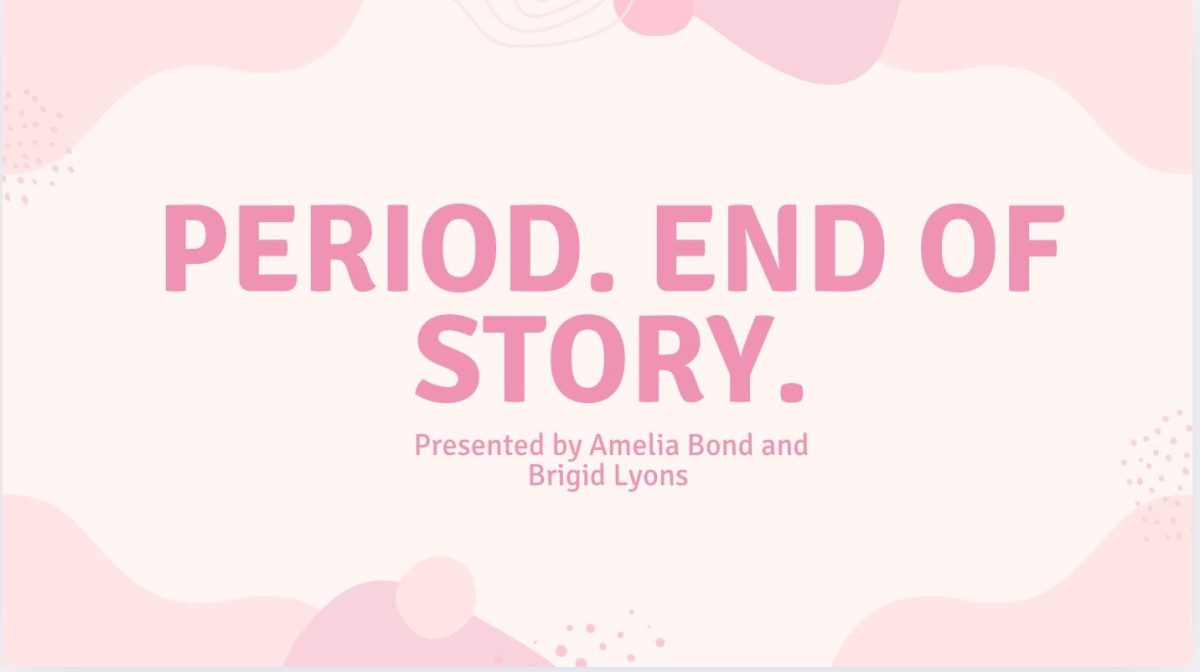Trigger Warning: This essay includes content that may be disturbing to some (references to sexual violence)
Grammy’s church is in a strip mall in central Florida. It’s completely unassuming, hidden in between her yoga studio and an empty storefront. Many of the cars in the lot adorn bumper stickers with phrases like “Choose Life”, or “Jesus Saves”. When Grammy brought me to church with her as a child, I always trailed behind to read the bumper stickers, naive in my understanding, but curious like any child. My favorite sticker had a juvenile illustration depicting smiling children, adorning halos with hands clasped together. Above that, the sticker read “God’s greatest gift”.
The interior of Grammy’s church was just as unassuming as the outside, but I still relished in attending service with her. Grammy treated me like a shiny new penny, leading me to smiling faces who were quick to shake my tiny, eager hand and say “Careful Joyce, she’s going to be a heartbreaker!”. Grammy’s friends always had purses full of caramels for me to suck on during the often long services, and if I was really lucky, a dollar for me to pocket and gleefully show my parents once we got back home.
As much as I loved Grammy’s church friends, the pastor always frightened me. He reminded me of a hawk in the way he peered from his icy blue eyes underneath perpetually furrowed brows. He peered down over his rigid beak-like nose which dropped off sharply like a cliff. There was one service that particularly scared me when the pastor looked down sternly from his podium and said that three out of ten women in their lifetime would end God’s greatest gift by terminating a life, their baby. I didn’t immediately understand, but saw the sweeping alarm over the congregation as some thin-lipped old women turned white and their husbands shook their heads, disappointedly.
“Grammy” I whispered, anxiously. “What does ‘termination’ mean?”.
“It means murder, Angie,” Grammy said, her eyes crestfallen. She looked like my parents did when they flipped through the newspaper, but I never understood the expression myself.
I never enjoyed church with my grandmother quite as much after that day. I didn’t want to be a “heartbreaker”, and the purse candies now felt disingenuous, like a bribery instead of a kind-hearted gesture. It wasn’t that I ever was a devout christian; my Mom loves Bob Dylan, homeopathy, and marijuana and my Dad divorced from his evangelical upbringing after leaving the isolation of rural Ohio. But visits to Grammy always instilled in me a deep-rooted fear that I was living in sin and facing condemnation. Maybe my fate was sealed for telling a juvenile tall-tale to a friend, or some other unforgivable mistake forsaken in the 10 commandments, which I habitually poured over. Worse than my existential fear of eternal damnation was my fear of rejection from the people in my life who I loved so dearly, like my Grammy, and her troupe of adoring church friends.
I know now that the venomous statistic preached to me by my Grammy’s hawk-like pastor was complete bullsh*t. But I am painfully aware of a real statistic, that one in four women have been victim of attempted or completed rape. And this is merely accounting for what is reported. Of course the implication of this is there’s an unquantifiable statistic of those who experience sexual violence that goes unreported.
In addition to the existential dread of spending my afterlife shackled by the Devil, I was facing another conundrum; I found girls especially pretty. It was different from the aspirational type of pretty I found some girls to be, the ones in magazines at Stop & Shop, or plastic girls boxed and stocked on shelves. It was a type of pretty that couldn’t be articulated at my young age. But I did gain vocabulary eventually. I was lucky as a kid, because I attended a very different kind of church with my parents. At my church, nobody read from a creed or talked about hell. When my friends at school asked me if I believed in God, I didn’t have an answer for that; we never really spoke of him. My minister, unlike my Grammy’s pastor, was warm and kind. He stood broad and tall, and he spoke both gently and with conviction. He never spoke of “termination”. The only thing condemned in our sanctuary was hatred. Sometimes, his husband would sit by the podium and behold this great orator who spoke of love, freedom, and interconnectedness. Our minister gave me the first vocabulary I could use to understand my own identity: queer. Queerness was natural to me from a young age. It was easy for me to comprehend that someone did not want to be in the body they were born in, or didn’t want to date the opposite gender. It was simple to understand, because it was demonstrated to me. I’m terrified for children growing up in a world where the term “god-fearing” is celebrated.
Now that I’m older, I know people in my congregation have divergent conceptions of God. Some conceive of God as sentient, as a listening ear or watchful eye. Some are adherent to believing in any sort of invisible hierarchical being. Both things are understandable to me, but I think, like some other people, I’m in between. I find God in the liberation I feel when I pursue love. I find God in the grand piano, and I worship the keys by navigating them delicately during church services. I found God on the Appalachian trail, in the simultaneous isolation and immersion in uncharted wilderness. I’ve been baptized by rainfall, ocean, ponds, lakes, rivers, and even by getting caught in the unpredictability of an automated lawn sprinkler. I’ve seen hell in the dystopia created by those who cherry-pick religious text to weaponize against people possessing identities that don’t ascribe to their definitions of what’s right and wrong. I’ve seen hell in the anti-abortion propaganda that sits hidden and unassuming on the bumpers of cars, the manipulative stickers that mimic kid’s drawings, as if those stickers aren’t mass produced, as if my body is just a vessel, as if my body is anyone’s business but my own. I’ve found religion through girlhood, having friends who hold my hair back and wipe my tears. I’ve found worship in the unspoken solace of sitting in comfortable silence with a best friend. And somewhat ironically, my relationship to God and religion have been strengthened by the things that are supposed to be eternally damning.
I think religion is beautiful. I dedicate my sense of identity and belonging to the fact I grew up in a congregation that taught me how to love. But most importantly, I’ve learned to believe that religion should be defined on your own terms, and communities are undermined by hatred and exclusion. My God is love, and my sanctuary is anywhere love is practiced.


